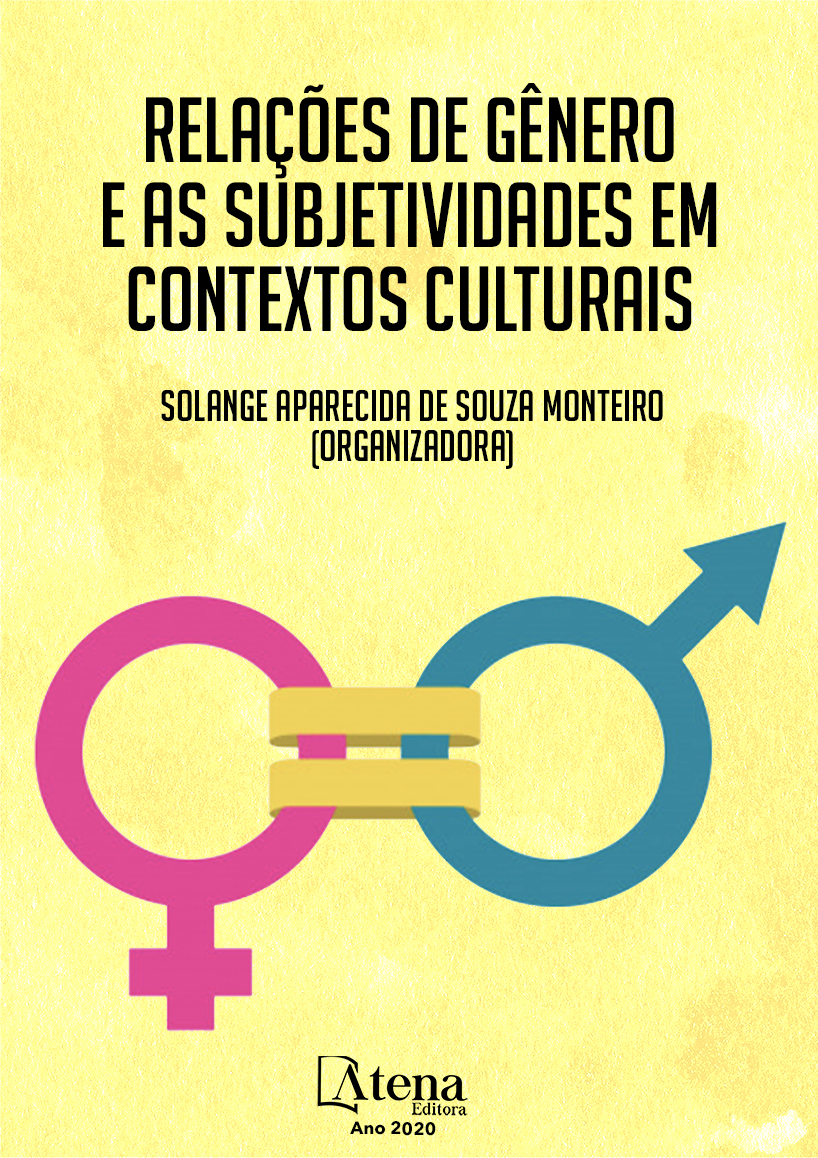
GÊNERO, RAÇA E A INCLUSÃO DE PESSOAS COM DEFICIÊNCIAS VISUAIS EM ESCOLAS DE RIO BRANCO/ACRE.
Este trabalho tem por objetivo apresentar uma análise crítica e reflexiva acerca de práticas pedagógicas, desenvolvidas junto a discentes com deficiência visual (cegueira e baixa visão) em 04 escolas regulares de Rio Branco-Acre. Seu objetivo principal busca tornar evidentes as questões de gênero e raça, que permeiam as características dos estudantes, professores e técnicos que constituem o grupo de indivíduos que compõem o estudo. Trata-se de uma releitura e recorte das falas dos participantes da tese “Inclusão de pessoas com deficiência visual na escola regular: bases organizativas e pedagógicas no Estado do Acre”, do Programa de Pós-Graduação em Educação, Conhecimento e Inclusão Social – Doutorado da Universidade Federal de Minas Gerais. Assim na construção deste artigo, atenta-se para as questões de gênero e de raça que interseccionam os estudantes no processo de ensino e de aprendizagem e, consequentemente, incidem no processo de inclusão escolar. A realização desse trabalho possui aporte teórico e metodológico nos estudos de casos múltiplos e no emprego das técnicas de entrevista, observação de aulas, aplicação de questionários para os professores, gestores, técnicos e alunos com deficiência visual (cegos e com baixa visão). A inclusão de alunos com necessidades educacionais especiais, na escola regular, por si só, é um processo complexo, polêmico e multifacetado, e essa questão se agrava ainda mais quando esse processo se refere a alunos com deficiência, pobres e negros. Nesse sentido, reflexões e discussões mais aprofundadas em torno dessas questões se faz urgente entre todos os envolvidos no planejamento, execução e seu acompanhamento. Nessa perspectiva, a formação de professores – a inicial e a continuada – necessita ser repensada de modo que esses conteúdos façam parte das discussões que permeiam os currículos desses cursos.
GÊNERO, RAÇA E A INCLUSÃO DE PESSOAS COM DEFICIÊNCIAS VISUAIS EM ESCOLAS DE RIO BRANCO/ACRE.
-
DOI: 10.22533/at.ed.5822022057
-
Palavras-chave: Inclusão, Deficiência visual, Ensino, Diversidade e Diferença, Gênero
-
Keywords: Inclusão, Deficiência visual, Ensino, Diversidade e Diferença, Gênero
-
Abstract:
This work aims to present a critical and reflective analysis about pedagogical practices, developed with students with visual impairment (blindness and low vision) in 04 regular schools in Rio Branco-Acre. Its main objective seeks to make evident the issues of gender and race, which permeate the characteristics of students, teachers and technicians who constitute the group of individuals that make up the study. It is a reinterpretation and clipping of the speeches of the participants of the thesis “Inclusion of people with visual impairments in regular school: organizational and pedagogical bases in the State of Acre”, from the Postgraduate Program in Education, Knowledge and Social Inclusion - Doctorate Federal University of Minas Gerais. Thus, in the construction of this article, attention is paid to gender and race issues that intersect students in the teaching and learning process and, consequently, affect the school inclusion process. The realization of this work has theoretical and methodological support in the study of multiple cases and in the use of interview techniques, classroom observation, application of questionnaires for teachers, managers, technicians and students with visual impairment (blind and with low vision). The inclusion of students with special educational needs in mainstream schools, by itself, is a complex, controversial and multifaceted process, and this issue is further aggravated when this process refers to students with disabilities, poor and black people. In this sense, more in-depth reflections and discussions on these issues are urgent among everyone involved in planning, execution and monitoring. In this perspective, teacher training - initial and continuing - needs to be rethought so that these contents are part of the discussions that permeate the curricula of these courses.
-
Número de páginas: 9
- Cleyde Oliveira de Castro
- Murilena Pinheiro de Almeida
- Maria de Lourdes Esteves Bezerra


